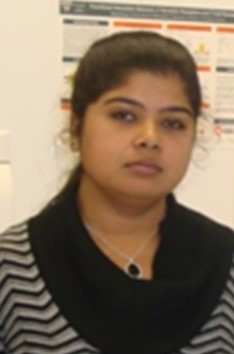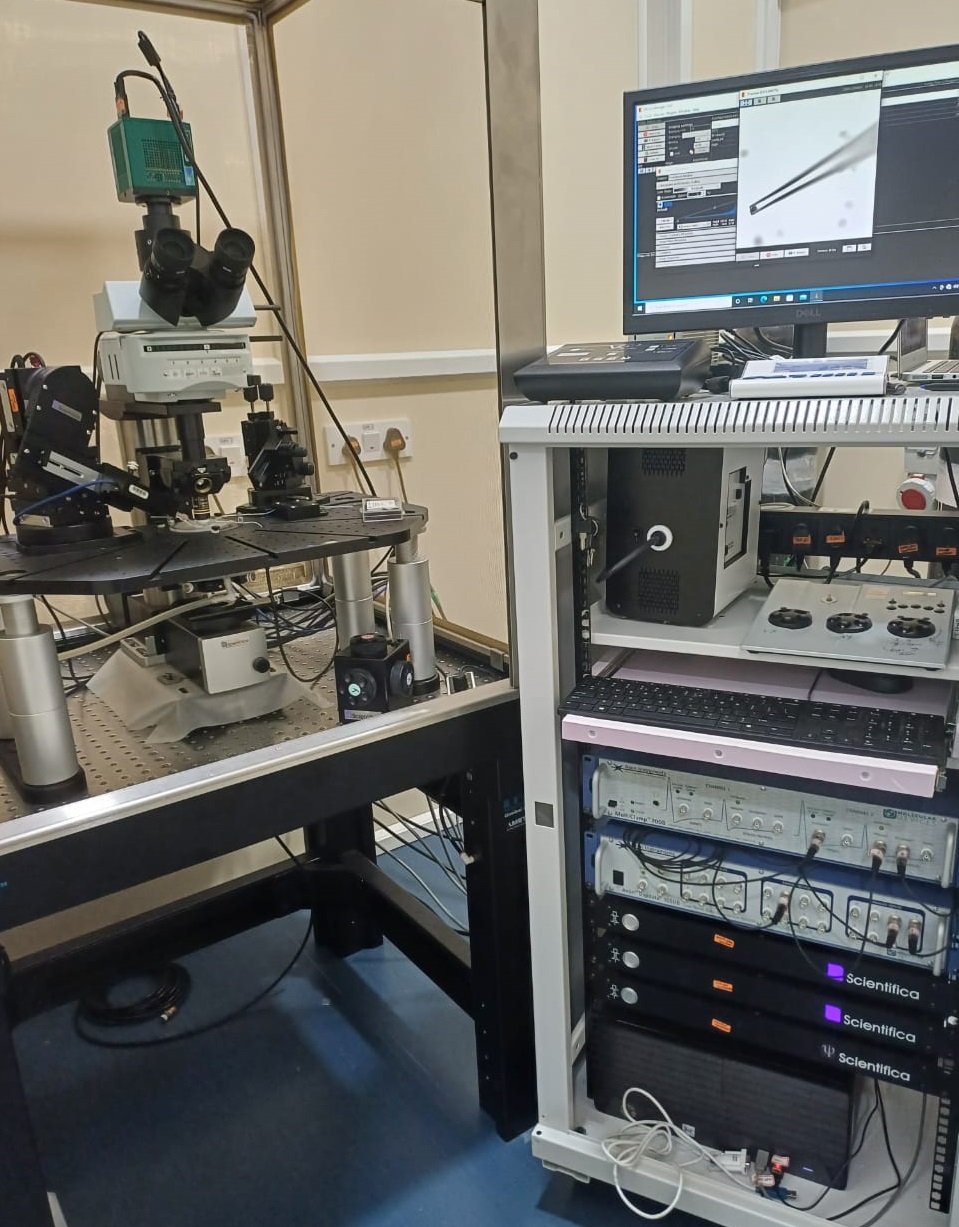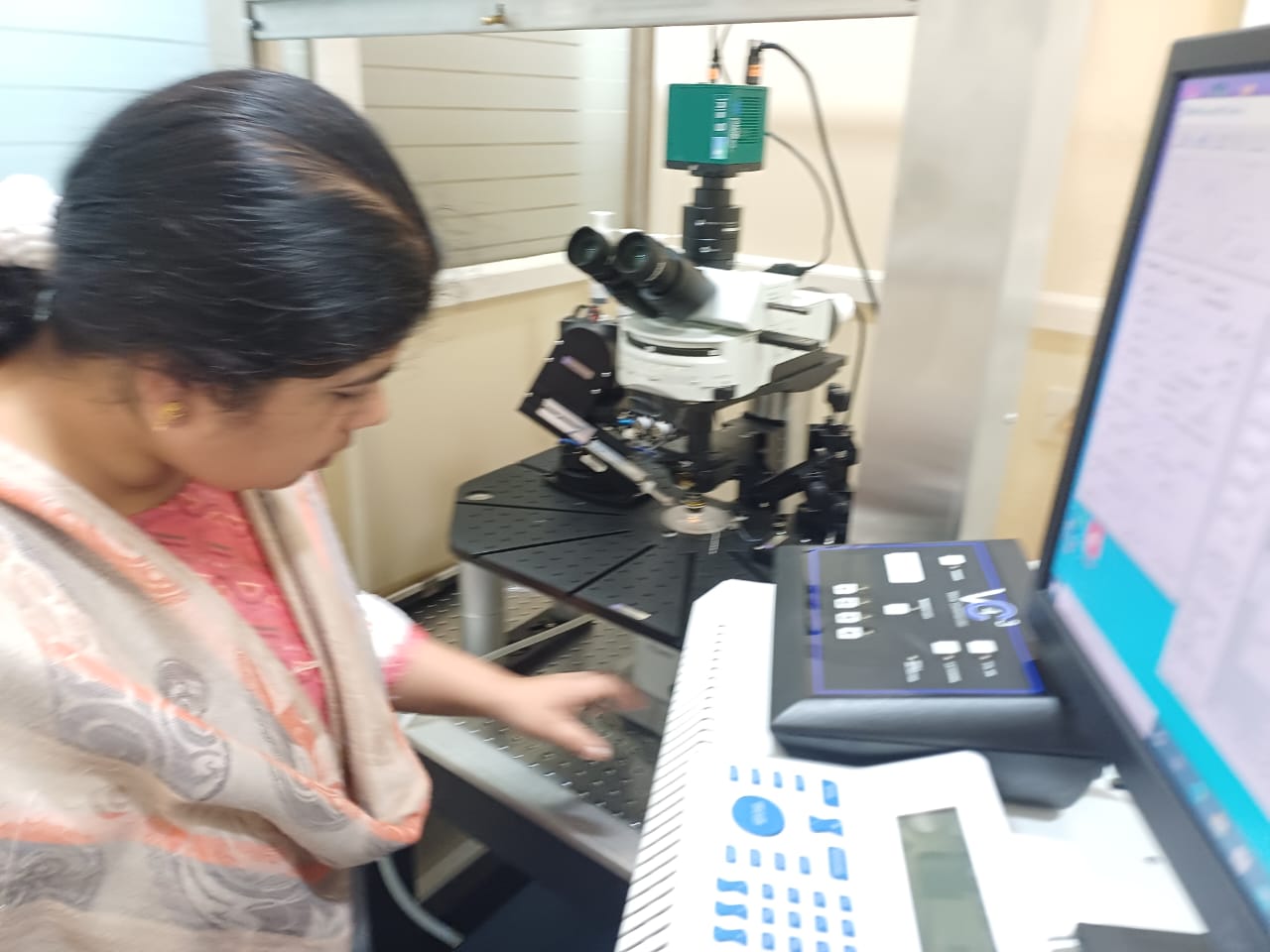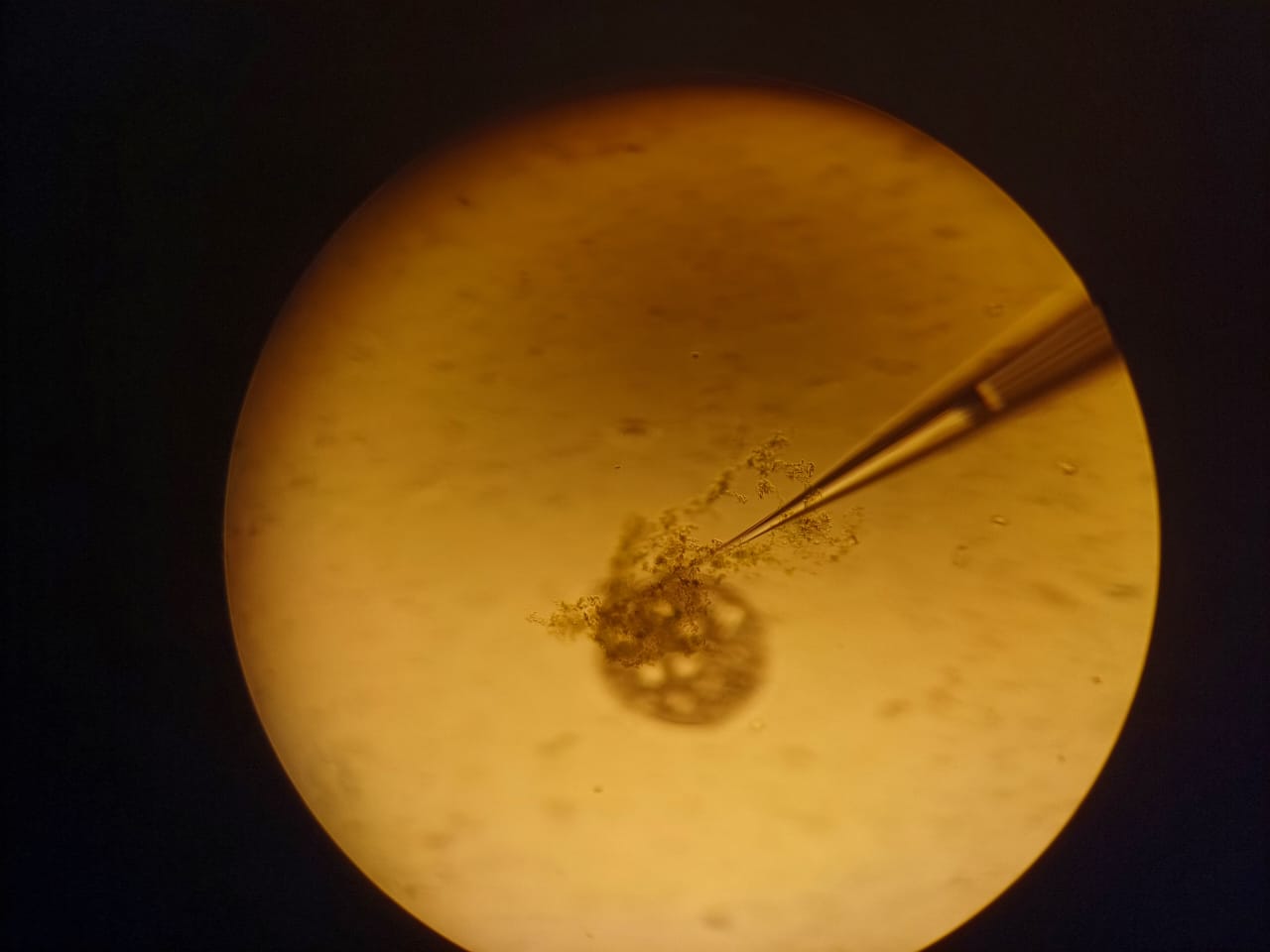- Home
- Academics
- M.E.(Biotechnology)
- M.E.(Chemical)
- M.E.(Civil with specialization in Structural Engineering)
- M.E.(Civil with specialization in Transportation Engineering)
- M.E.(Communication Engineering)
- M.E.(Computer Science)
- M.E.(Design Engineering)
- M.E.(Embedded Systems)
- M.E.(Manufacturing Systems Engineering)
- M.E.(Mechanical)
- M.E. (Microelectronics)
- M.E. (Sanitation Science, Technology and Management)
- M.Pharm.(Pharmacology)
- M.Pharm.(Pharmaceutics)
- M.E.(Mechanical with specialization in Thermal Engineering)
- M.E.(Environmental Engineering)
- Departments
- Research & Innovation
- Centers
- Students
- Admission
- DIVISIONS
- QUICK LINKS


 An Institute of Eminence
An Institute of Eminence










